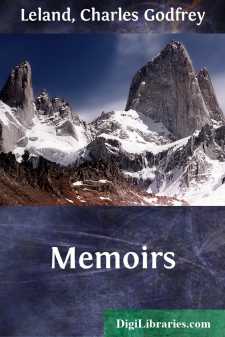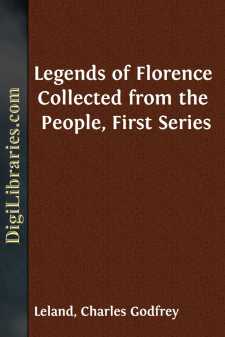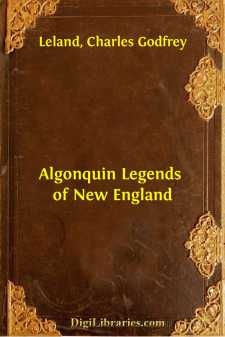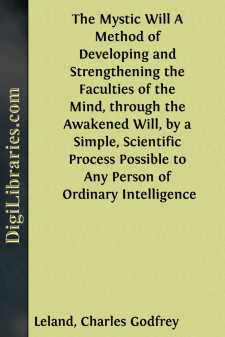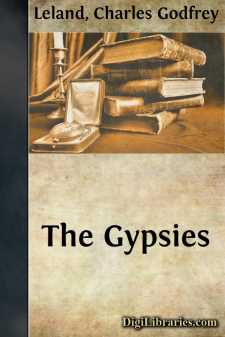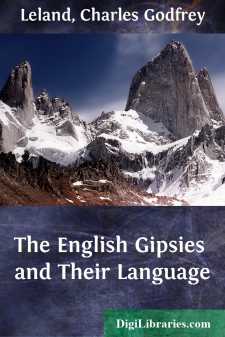Categories
- Antiques & Collectibles 13
- Architecture 36
- Art 48
- Bibles 22
- Biography & Autobiography 815
- Body, Mind & Spirit 144
- Business & Economics 28
- Children's Books 18
- Children's Fiction 14
- Computers 4
- Cooking 94
- Crafts & Hobbies 4
- Drama 346
- Education 58
- Family & Relationships 59
- Fiction 11834
- Games 19
- Gardening 17
- Health & Fitness 34
- History 1378
- House & Home 1
- Humor 147
- Juvenile Fiction 1873
- Juvenile Nonfiction 202
- Language Arts & Disciplines 89
- Law 16
- Literary Collections 686
- Literary Criticism 179
- Mathematics 13
- Medical 41
- Music 40
- Nature 179
- Non-Classifiable 1768
- Performing Arts 7
- Periodicals 1453
- Philosophy 65
- Photography 2
- Poetry 896
- Political Science 203
- Psychology 44
- Reference 154
- Religion 515
- Science 126
- Self-Help 85
- Social Science 83
- Sports & Recreation 34
- Study Aids 3
- Technology & Engineering 59
- Transportation 23
- Travel 463
- True Crime 29
Our website is made possible by displaying online advertisements to our visitors.
Please consider supporting us by disabling your ad blocker.
Memoirs
Categories:
Description:
Excerpt
It happened once in Boston, in the year 1861 or 1862, that I was at a dinner of the Atlantic Club, such as was held every Saturday, when the question was raised as to whether any man had ever written a complete and candid autobiography. Emerson, who was seated by me at the right, suggested the “Confessions” of Rousseau. I objected that it was full of untruths, and that for plain candour it was surpassed by the “Life of Casanova.” Of this work (regarding which Carlyle has said, “Whosoever has looked therein, let him wash his hands and be unclean until even”) neither Emerson nor Lowell, nor Palfrey nor Agassiz, nor any of the others present seemed to have any knowledge, until Dr. Holmes, who was more adventurous, admitted he knew somewhat thereof. Now, as I had read it thrice through, I knew it pretty well. I reflected on this, but came to the conclusion that perhaps the great reason why the world has so few and frank autobiographies is really because the world exacts too much. It is no more necessary to describe everything cynically than it is to set forth all our petty diseases in detail. There are many influences which, independent of passion or shame, do far more to form character.
Acting from this reflection, I wrote this book with no intention that it should be published; I had, indeed, some idea that a certain friend might use it after my death as a source whence to form a Life. Therefore I wrote, as fully and honestly as I could, everything which I could remember which had made me what I am. It occurred to me as a leading motive that a century or two hence the true inner life of any man who had actually lived from the time when railroads, steamboats, telegraphs, gas, percussion-caps, fulminating matches, the opera and omnibuses, evolution and socialism were quite unknown to his world, into the modern age, would be of some value. So I described my childhood or youth exactly as I recalled, or as I felt it. Such a book requires very merciful allowance from humane reviewers.
It seemed to me, also, that though I have not lived familiarly among the princes, potentates, and powers of the earth, yet as I have met or seen or corresponded with about five hundred of the three thousand set down in “Men of the Time,” and been kindly classed among them, it was worth while to mention my meetings with many of them. Had the humblest scribbler of the age of Elizabeth so much as mentioned that he had ever exchanged a word with, or even looked at, any of the great writers of his time, his record would now be read with avidity. I have really never in my life run after such men, or sought to make their acquaintance with a view of extending my list; all that I can tell of them, as my book will show, has been the result of chance. But what I have written will be of some interest, I think—at least “in the dim and remote future.”
I had laid the manuscript by, till I had time to quite forget what I had written, when I unexpectedly received a proposal to write my memoirs. I then read over my work, and determined “to let it go,” as it was. It seemed to me that, with all its faults, it fulfilled the requisition of Montaigne in being ung livre de bonne foye. So it has gone forth into print. Jacta est alea.
The story of what is to me by far the most interesting period of my life remains to be written. This embraces an account of my labour for many years in introducing Industrial Art as a branch of education in schools, my life in England and on the Continent for more than twenty years, my travels in Russia and Egypt, my researches among Gypsies and Algonkin Indians, my part in Oriental and Folklore and other Congresses, my discovery of the Shelta or Ogham tongue in Great Britain, and the long and very strangely adventurous discoveries, continued for five years, among witches in Italy, which resulted in the discovery that all the names of the old Etruscan gods are still remembered by the peasantry of the Toscana Romagna, and that ceremonies and invocations are still addressed to them. All this, however, is still too near to be written about. But it may perhaps some day form a second series of reminiscences if the present volumes meet with public favour....


